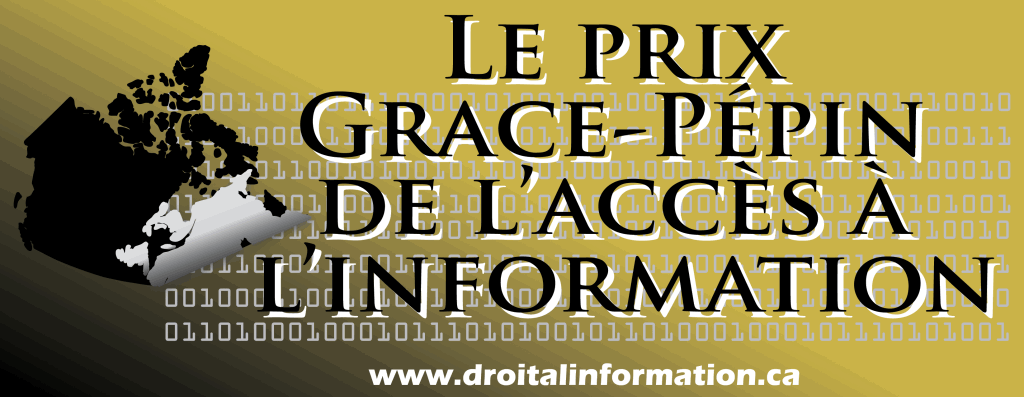The Federal Court of Appeal issued its ruling in Bell Canada v. Amtelecom, 2015 FCA 126, which challenged the implementation of the CRTC's wireless consumer protection code. The Code was put in place by the CRTC out of recognition that Canadian customers of mobile services were not adequately protected by the existing regime. It sought to improve the state of affairs by granting customers comprehensive rights, overseen by the CCTS, including an important provision that limited service providers from locking Canadians out of the wireless market for three years at a time and thereby hindering competition. The protections in the Code were to apply to all customers two years from the day the Code was issued, including to those customers who were still locked in to pre-existing three year contracts. However, a number of providers appealed the decision, arguing that the CRTC lacked the power to protect customers until their existing contractual terms expired. Specifically, these Appellants argued that by restricting the length of wireless contracts to two years and limiting the penalties a wireless provider could impose onto customers for switching providers early, the CRTC impermissibly interfered with vested rights retrospectively by preventing them from recovering the cost of subsidized mobile devices.
In its arguments to the Federal Court of Appeal CIPPIC, representing OpenMedia, argued that the Code was actually future-facing (not retrospective) and that, regardless, the CRTC had the regulatory authority to interfere with past vested rights. The switching costs imposed on customers for moving to another provider early -- out of frustration with the service or because better deals emerged in the market -- were in reality penalties imposed on customers for future actions. This is borne out by the record of the proceeding, where a number of service providers testified that these penalties were a means of minimizing churn (preventing customers from moving to a competitor) not a means of recouping mobile device costs. Many of these penalties exceeded the value of any device, which is the reason the CRTC regulated the amount of early termination fees, forcing providers to tie these to device subsidies. More importantly, the CRTC is entrusted with overseeing a comprehensive regulatory regime that requires the balancing of complex policy objectives in a highly specialized environment. It would be impossible if not impractical for the CRTC to carry out its task without the ability to interfere with vested rights. In a carefully thought out decision, the Federal Court of Appeal found that the Wireless Code did in fact interfere with vested rights retrospectively, but that the CRTC was empowered to do so as long as it acted reasonably which, in this instance, it did. As a result, all Canadians, including those who are currently stuck in three year contracts, will be able to benefit from the Code's protections as of June 3, 2015. This includes the ability to leave a service contract without penalty 24 months from the day the contract began. For more information, see our resource pages on the Wireless Code and on our intervention in Bell v. Amtelecom.


 Canada's federal, provincial and territorial Information and Privacy Commissioners are
Canada's federal, provincial and territorial Information and Privacy Commissioners are  Monday, June 15, at 6pm CIPPIC,
Monday, June 15, at 6pm CIPPIC,